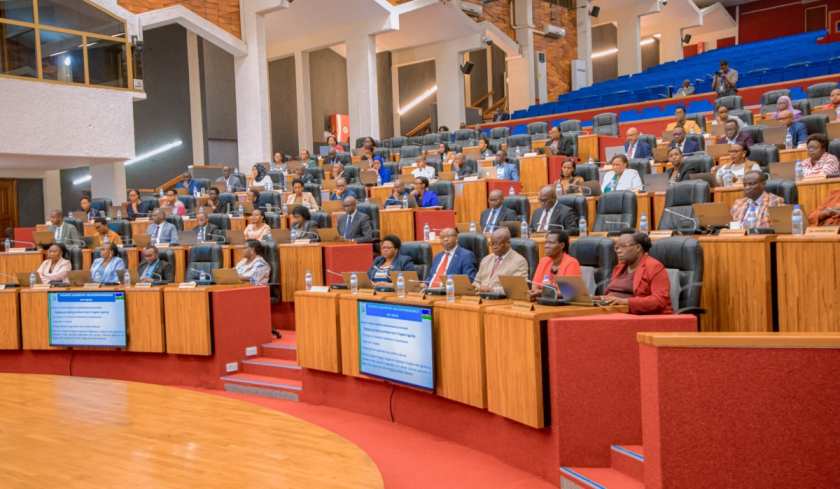Rwanda has approved a controversial new law allowing teenagers as young as 15 to access contraceptives without parental consent, in a bid to tackle the country’s soaring teenage pregnancy rates.
The legislation, passed on Monday, lowers the minimum age from 18 and allows adolescents to obtain birth control pills and implants. Lawmakers, however, emphasized that condoms should be the first line of protection.
The move comes amid concern over high levels of teen pregnancies, with over 22,000 cases recorded in 2023 alone. A parliamentary report revealed that more than 100,000 teenage girls became pregnant in the last five years, making early motherhood a major cause of school dropouts in the country.
Public opinion is sharply divided. Supporters, including human rights organizations, have praised the law as progressive and necessary, arguing that teens are already sexually active and need protection.
John Scarius from the Great Lakes Initiative for Human Rights and Development said the new law could lead to fewer unintended pregnancies, illegal abortions, and school dropouts.
But others, like retired healthcare worker Karemera Charlotte, fear the move could encourage sexual activity among minors and promote immorality. She warned that the law may indirectly lead to more abortion-related complications.
Abortion remains illegal in Rwanda unless in cases of rape, incest, or forced marriage.
